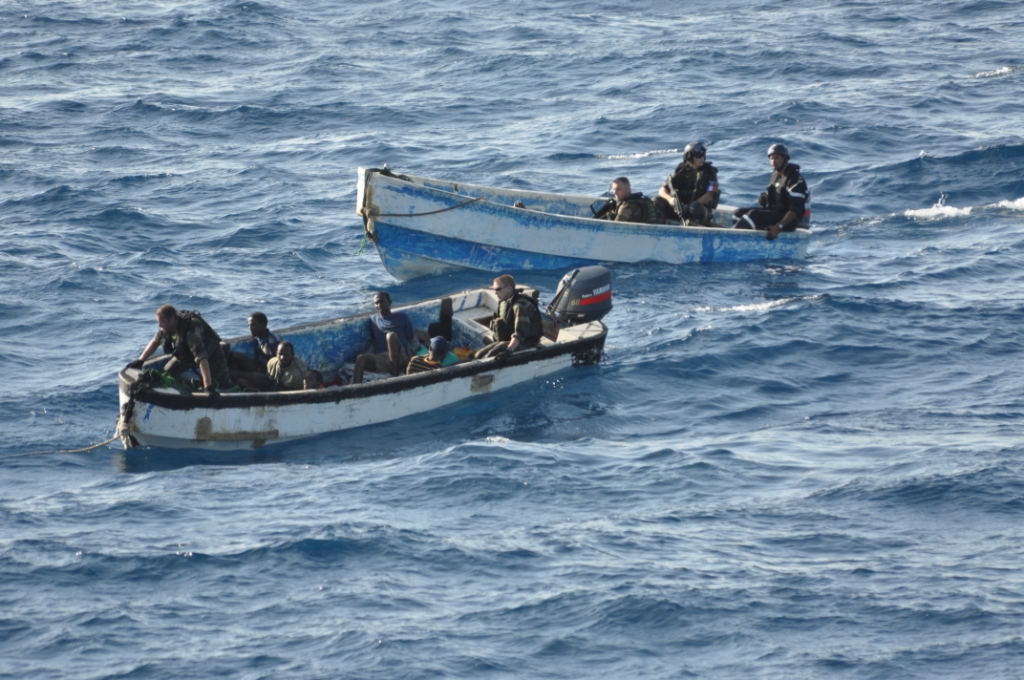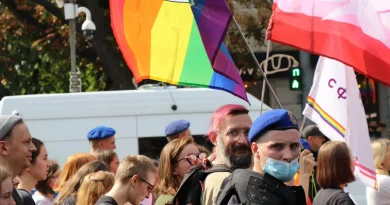French soldiers file a complaint before the European Court of Human Rights
(B2) TheAdefdromil, an association bringing together professional military personnel in France, has decided to file a complaint with
the European Court of Human Rights, in Strasbourg, considering that the rights of association and to a fair trial, guaranteed by the European Convention on Human Rights, are violated. In particular, it challenges five judgments rendered by the Council of State, the December 11, 2008 and March 4, 2009, which refused to examine its requests for annulment against several decrees concerning the rights of the military. In support of her argument, she essentially cites two articles of the Convention : article 11 which guarantees the freedom of assembly and association and article 6 which guarantees a right to a fair trial (due to the rejection of the appeals of Adefdromil which, according to its arguments, "deprive her of access to a judge" and some "partiality and lack of independence of the Council of State"). This is the first time, to my knowledge, that France has been attacked in this way before the Court of Strasbourg.
The field of possible discussions. It should be noted that Article 11 of the Convention provides that "legitimate restrictions are imposed on the exercise of these rights by members of the armed forces, the police or the administration of the State". The Court - if it considers the application admissible - will therefore above all have to specify the scope of what is called a "legitimate restriction"It will thus have to assess whether the Defense Code (article 4121-4), and the law of 2005 (general status of
military), which prohibits the existence of professional organizations having the characteristics of a trade union and prohibits serving members of the army from joining them, is a proportionate measure (1). But it is above all, it seems to me, in the rejection of the admissibility of the appeal that the decision of the Council of State could most lend itself to criticism by European judges. By labeling the Adefdromil association a trade union and refusing it access to justice, the French judges have entered a delicate area, where generally European judges are at least touchy and intransigent.
A (half) precedent. It should be noted that in December 2000, the European Committee of Social Rights (responsible for verifying the
proper application of the European Social Charter, signed within the Council of Europe) received a complaint from the European Federation of Public Service Personnel (FESP), contesting the limitation imposed for members of the armed forces on articles 5 (right to organize) and 6 (collective bargaining) of the Charter of Social Rights (2), and had rejected it on the merits. The Committee - which brings together "independent experts" - recognized that States are authorized to bring " any limitation and even the complete suppression of the freedom of association of members of the armed forces ". The French government recognized the abolition of the right to organize but considered that it "proceeds from the traditional conception of the military function which imposes the most absolute neutrality of the armed forces and their members. Armed intervention requires respect for hierarchy and discipline, which, in France, as in many countries , was held to be incompatible with the right of military personnel to form and join a trade union." He added that he "set up consultation procedures at different levels, thus ensuring constructive social dialogue, which, according to the Government, is consistent and even goes beyond".
Le union rights soldiers in Europe. Several countries have recognized the right to unionize for the military,
essentially in the north (Denmark, Finland, Sweden), and in the center of Europe (Germany, Belgium, the Netherlands). The trade unions are generally affiliated to the European Federation of Public Services (EPS), itself a member of the European Trade Union Confederation (ETUC). Some of them - as well as most military associations - are members of Euromil.
(1) Let us point out, even if the context is different (right to strike of civil servants in Turkey), a recent judgment of the Court (Enerji Yap?, April 21, 2009) which is particularly firm; the judges considering that the "Government has not demonstrated the necessity in a democratic society of the impugned restriction"And"that there has been a disproportionate interference with the effective enjoyment by the applicant union of the rights enshrined in Article 11 of the Convention".
(2) The content of Article 5 of the Social Charter differs slightly from the Convention since it recognizes an almost total power for the States to determine the application of the right to organize for the armed forces: "The principle of application of these safeguards to members of the armed forces and the extent to which they would apply to this category of persons shall be determined by national laws or regulations." While Article 11 of the Convention speaks of "legitimate restrictions". In the first case, the restriction comes under the sole jurisdiction of the Member State (as long as a law prescribes it), while in the other it is exercised within the framework of an exception to a freedom ( often more strictly assessed by judges).
(NGV)


